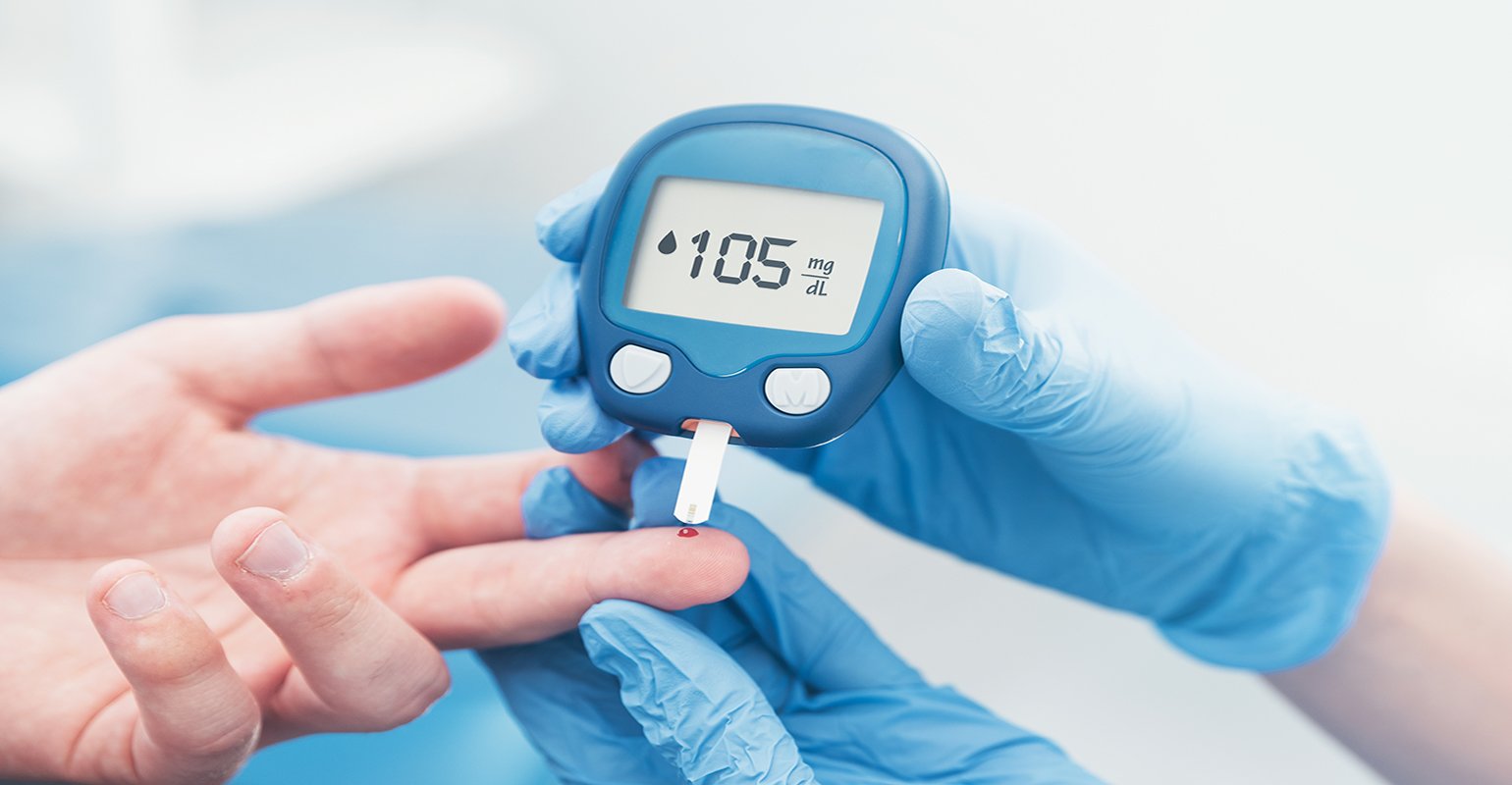Understanding Diabetes: Causes, Symptoms, and Treatment

Causes of Diabetes
There are two types of diabetes: type 1 and type 2. Type 1 diabetes occurs when the immune system attacks and destroys the cells in the pancreas that produce insulin. It usually develops during childhood or adolescence, and there is no known cure for it. Type 2 diabetes, on the other hand, occurs when the body becomes resistant to insulin or doesn't produce enough insulin to regulate blood sugar levels. It's usually caused by lifestyle factors such as poor diet, lack of exercise, and obesity.
Risk Factors for Diabetes
Several factors increase your risk of developing diabetes, including:
- Being overweight or obese
- Having a family history of diabetes
- Being over 45 years old
- Having high blood pressure or cholesterol levels
- Having a sedentary lifestyle
- Having a history of gestational diabetes
Symptoms of Diabetes
The symptoms of diabetes vary depending on the type of diabetes and the severity of the condition. However, some common symptoms of diabetes include:
- Frequent urination
- Feeling thirsty or hungry all the time
- Blurred vision
- Fatigue
- Slow healing of wounds
- Tingling or numbness in the hands or feet
Treatment of Diabetes
Diabetes can be managed through lifestyle changes, medication, and insulin therapy. Lifestyle changes include maintaining a healthy diet, exercising regularly, and maintaining a healthy weight. Medications such as Metformin, Sulfonylureas, and DPP-4 inhibitors can help lower blood sugar levels. Insulin therapy involves injecting insulin to regulate blood sugar levels.
Pros and Cons of Diabetes Treatment
The pros of diabetes treatment are that it can help prevent or delay the onset of complications such as nerve damage, kidney disease, and blindness. It can also help improve the quality of life for people with diabetes. However, the cons of diabetes treatment are that it can be expensive, and some medications have side effects such as weight gain, nausea, and diarrhea.
Conclusion
Diabetes is a chronic condition that requires proper management to prevent complications. It's essential to maintain a healthy lifestyle, take medications as prescribed, and monitor blood sugar levels regularly. With proper care, people with diabetes can lead a healthy and fulfilling life.
FAQs
Q: Is diabetes hereditary?
A: Yes, type 2 diabetes can be hereditary. If your parents or siblings have diabetes, you may be at a higher risk of developing the condition.
Q: Can diabetes be cured?
A: Type 1 diabetes cannot be cured, but it can be managed through insulin therapy. Type 2 diabetes can be managed through lifestyle changes and medication, but there is no known cure for it.
Q: Can exercise help manage diabetes?
A: Yes, exercise can help lower blood sugar levels and improve insulin sensitivity. It's recommended to exercise for at least 150 minutes per week.
Q: Can diabetes affect my eyesight?
A: Yes, diabetes can cause diabetic retinopathy, a condition that damages the blood vessels in the retina and can lead to vision loss if left untreated.
